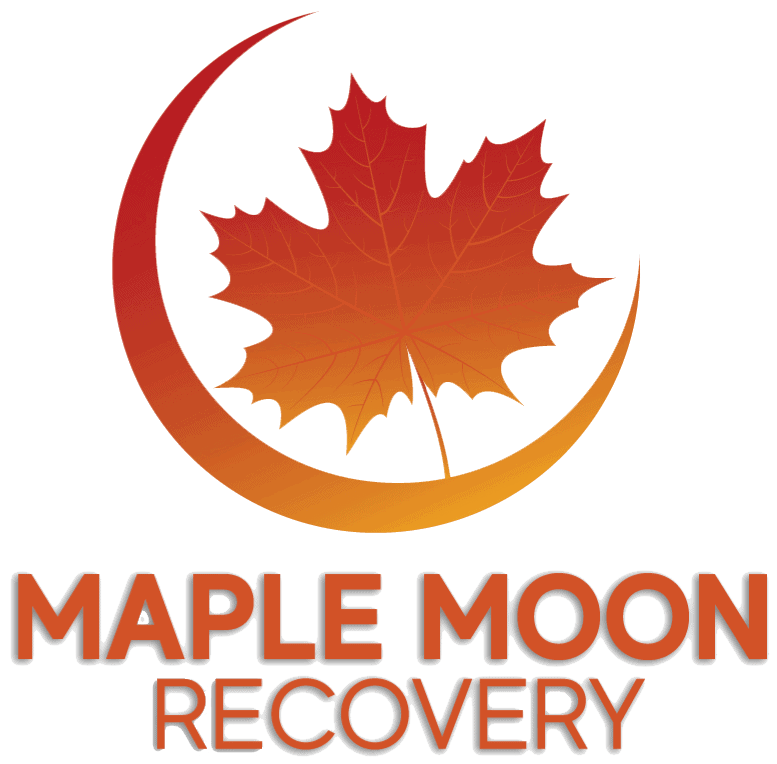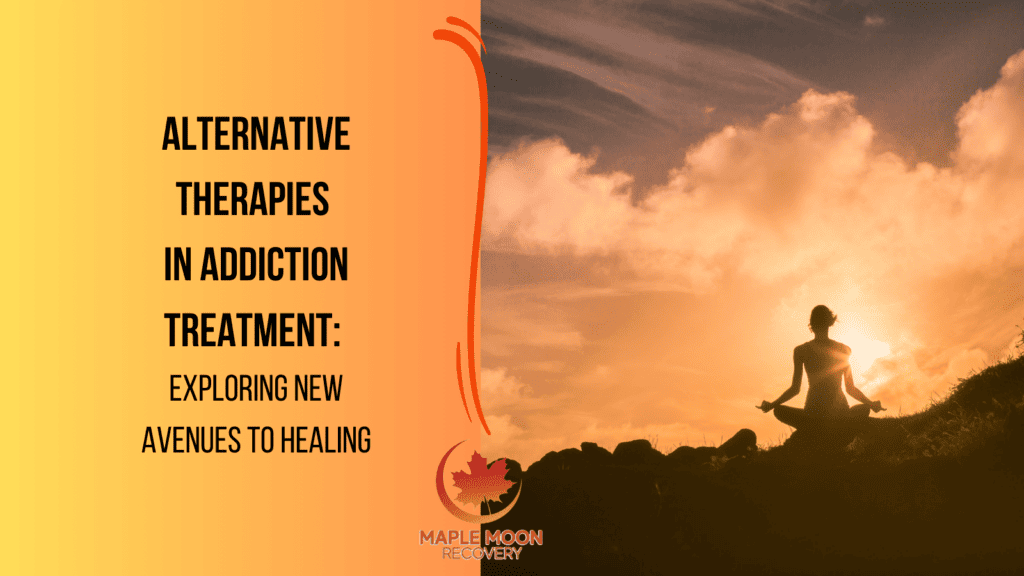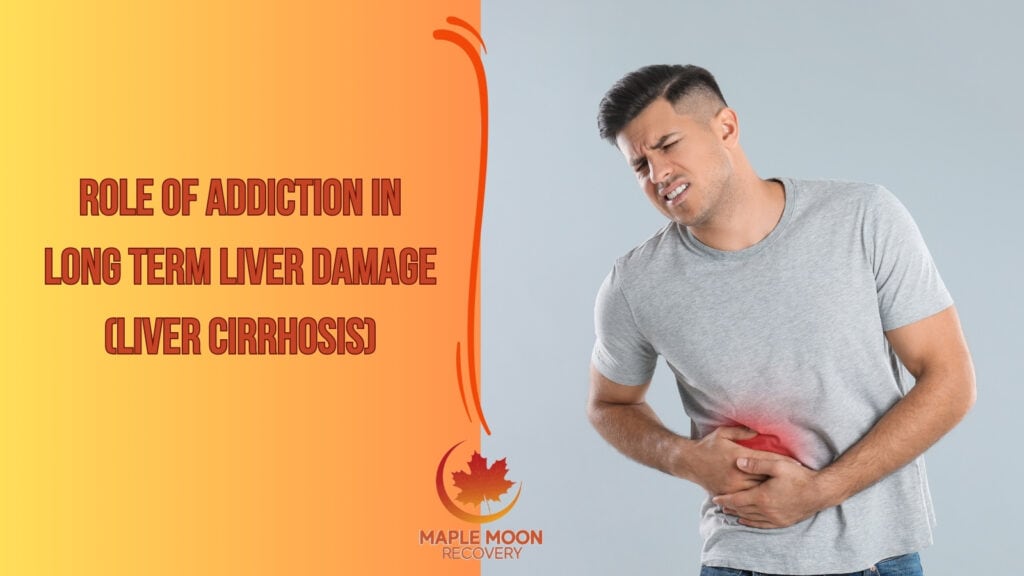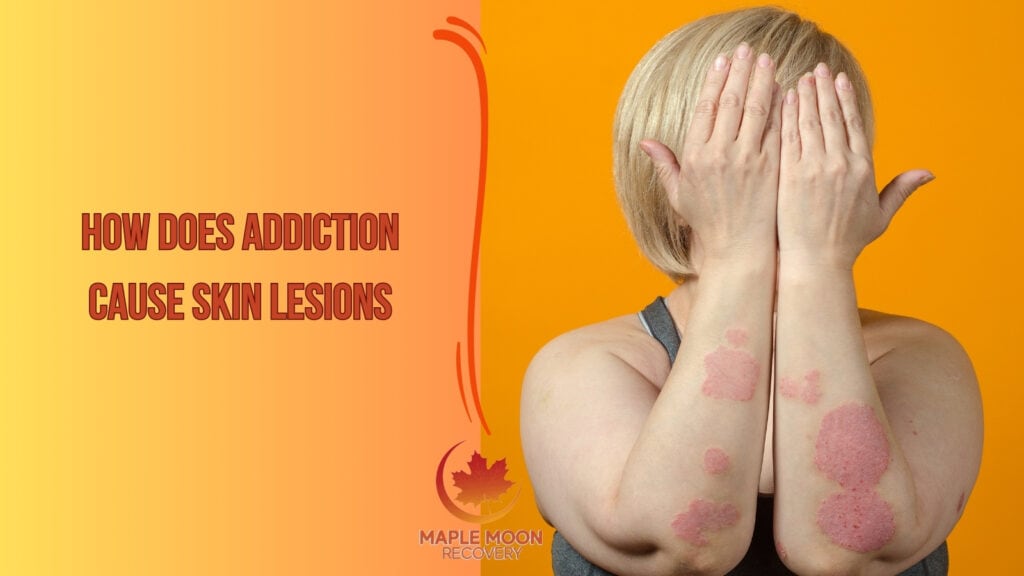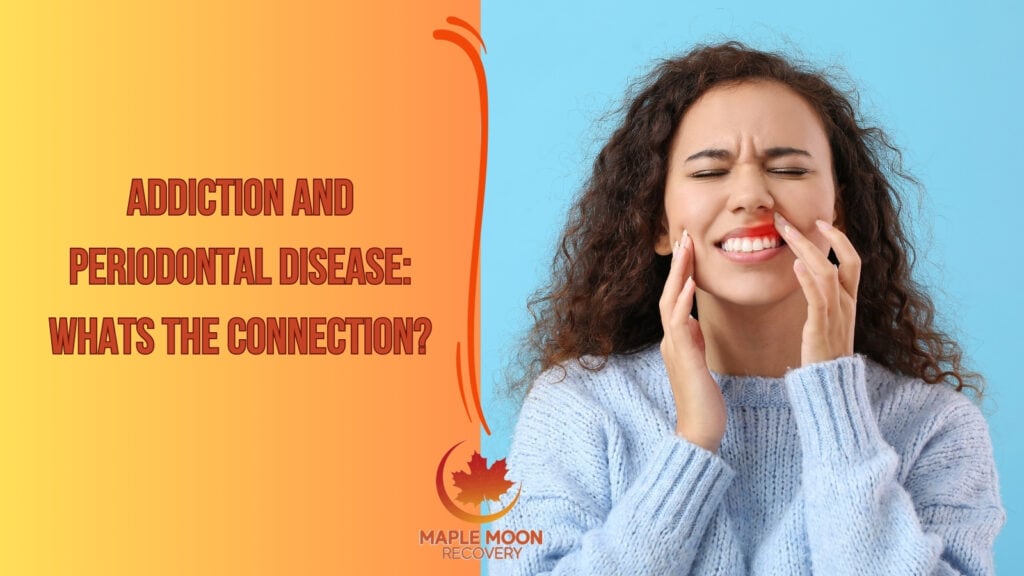The widespread impact of the addiction epidemic has underscored the limitations of traditional treatment methods. The need for alternative therapies in addiction treatment arises from the recognition that the complexities of addiction often require a more nuanced and holistic approach. While conventional treatment methods have undoubtedly saved lives, they may not fully address the diverse and individualized needs of those struggling with addiction.
Alternative therapies offer a fresh perspective by focusing on the mind-body connection, creative expression, and personalized interventions, recognizing that each person’s journey to recovery is unique. These approaches not only complement traditional methods but also provide individuals with a broader array of tools and strategies to navigate the challenges of addiction and enhance their prospects for long-term healing and well-being.
Traditional Addiction Treatment Methods and Its Limitations
Traditional addiction treatment typically involves a combination of counselling, group therapy, and pharmaceutical interventions such as medication-assisted treatment. These approaches have been the cornerstone of addiction treatment for decades.
While traditional methods have proven effective for many individuals, they often follow a standardized model that may not fully address the diverse needs and underlying causes of addiction. Additionally, relapse rates remain a significant concern, highlighting the need for more comprehensive strategies.
Recognizing the limitations of traditional approaches, it is crucial to explore alternative therapies that can complement and enhance the effectiveness of addiction treatment. By embracing a broader spectrum of interventions, we can better tailor treatment to individual needs and improve the overall success rates of recovery.
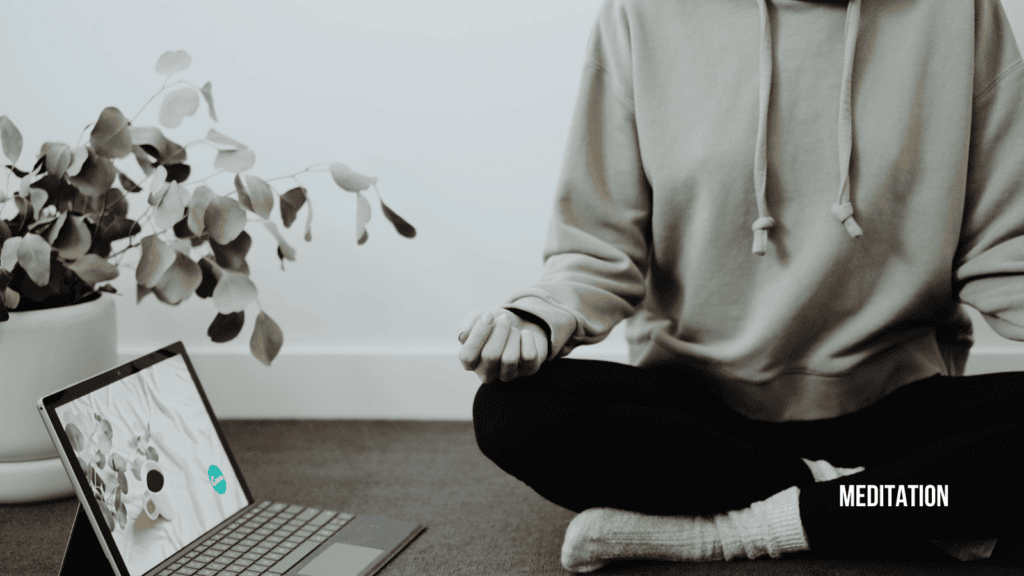
Types of Alternative Therapies In Addiction Treatment
A. Holistic Approaches:
- Mind-Body Connection Therapies (e.g., yoga, meditation): These practices emphasize the connection between mental and physical well-being, fostering self-awareness, stress reduction, and emotional regulation, which can be invaluable in addiction recovery.
- Acupuncture and Acupressure: Based on traditional Chinese medicine principles, these therapies focus on stimulating specific points in the body to alleviate cravings, reduce withdrawal symptoms, and promote relaxation.
B. Creative and Expressive Therapies:
- Art Therapy: Using creative outlets like painting, drawing, or sculpting, art therapy helps individuals express complex emotions, confront past trauma, and gain insights into their addiction triggers.
- Music Therapy: Harnessing the therapeutic power of music, this approach assists individuals in processing their emotions, enhancing mood, and developing coping skills through musical expression.
C. Herbal and Dietary Supplements:
- Incorporating natural remedies and dietary supplements can support overall health and address specific nutritional deficiencies common in individuals struggling with addiction.
D. Adventure Therapy and Outdoor Experiences:
- Engaging in outdoor activities, such as hiking, camping, or wilderness therapy, encourages physical fitness, teamwork, and self-discovery, fostering personal growth and resilience in recovery.
E. Animal-Assisted Therapy:
- Interactions with animals, such as therapy dogs or equine therapy, can promote emotional healing, build trust, and provide companionship, aiding individuals in their journey toward sobriety.

The Science Behind Alternative Therapies
A. Research Findings Supporting Alternative Therapies:
- Numerous studies have shown the efficacy of various alternative therapies in addiction treatment, demonstrating positive outcomes such as reduced cravings, improved emotional well-being, and increased chances of long-term recovery.
B. Mechanisms of Action in Alternative Treatments:
- Alternative therapies often influence neurobiology, psychology, and physiology, impacting the brain’s reward pathways, stress response systems, and emotional regulation. These mechanisms can help individuals break free from addiction cycles.
C. How Alternative Therapies Complement Traditional Methods:
- By addressing aspects of addiction beyond the physical dependence, alternative therapies work synergistically with traditional approaches, providing a more comprehensive and individualized treatment plan for improved outcomes in addiction recovery.

Integrating Alternative Therapies into Addiction Treatment
A. The Role of Treatment Centers and Healthcare Professionals:
- Treatment centers and healthcare professionals play a pivotal role in incorporating alternative therapies into addiction treatment by providing access to trained therapists, integrating these therapies into existing programs, and ensuring their safe and effective application.
B. Creating a Holistic Treatment Plan:
- A holistic treatment plan encompasses both traditional and alternative therapies tailored to an individual’s unique needs. This approach recognizes that addiction is a multifaceted issue requiring a comprehensive strategy for successful recovery.
C. Collaborative Approaches in Addiction Treatment:
- Collaboration between healthcare providers, therapists, and alternative therapy practitioners fosters a holistic and well-rounded approach to addiction treatment, ensuring that individuals receive the best possible care for their recovery journey.
Challenges and Future Directions
A. Acknowledging Obstacles in Implementing Alternative Therapies:
- While alternative therapies offer promise, challenges like accessibility, acceptance, and insurance coverage need to be addressed for widespread adoption and acceptance in addiction treatment.
B. Emerging Trends and Innovations in Addiction Treatment:
- As research continues, we can anticipate innovative approaches, technologies, and therapies that may further enhance addiction treatment outcomes, both in traditional and alternative settings.
C. The Potential Impact of Personalized Medicine:
- Personalized medicine holds the potential to revolutionize addiction treatment by tailoring interventions to an individual’s genetic, psychological, and social factors, increasing the precision and effectiveness of therapeutic approaches.

In the fight against addiction, integrating alternative therapies offers a glimmer of hope and a path to transformation. Maple Moon Recovery Center demonstrates the potential of a holistic and individualized approach to recovery. Embracing therapies that go beyond convention, Maple Moon Recovery shows that healing can flourish through creative expression, holistic well-being, and tailored outdoor experiences.
The limitations of traditional addiction treatment methods have prompted us to seek new avenues of healing. Backed by scientific research, alternative therapies offer a complementary path to recovery. Whether centered around creative expression, holistic wellness, or unique outdoor experiences, these therapies empower individuals to address the root causes of addiction and build resilience.
If you’re seeking help, consider reaching out to Maple Moon Recovery. Your journey to recovery is unique, and alternative therapies offer promise. Don’t hesitate to explore these new avenues to healing and take the first step toward a brighter, addiction-free future.
